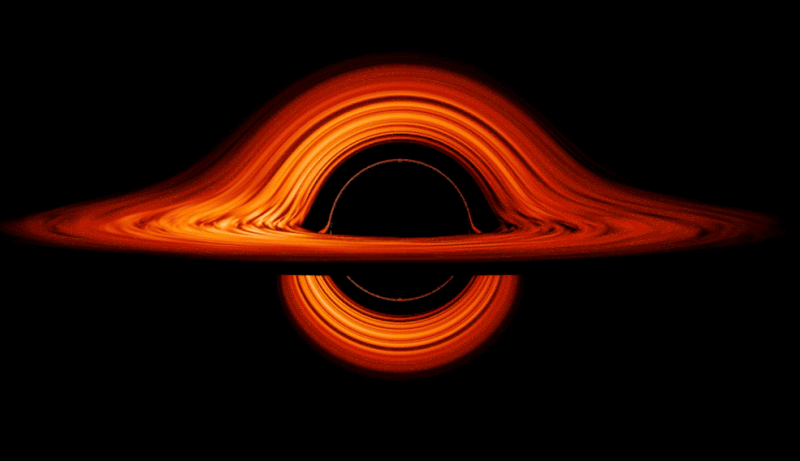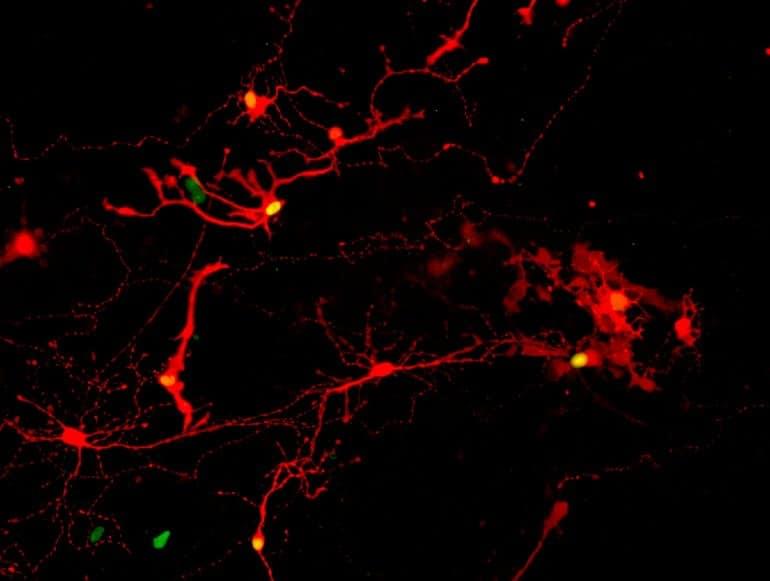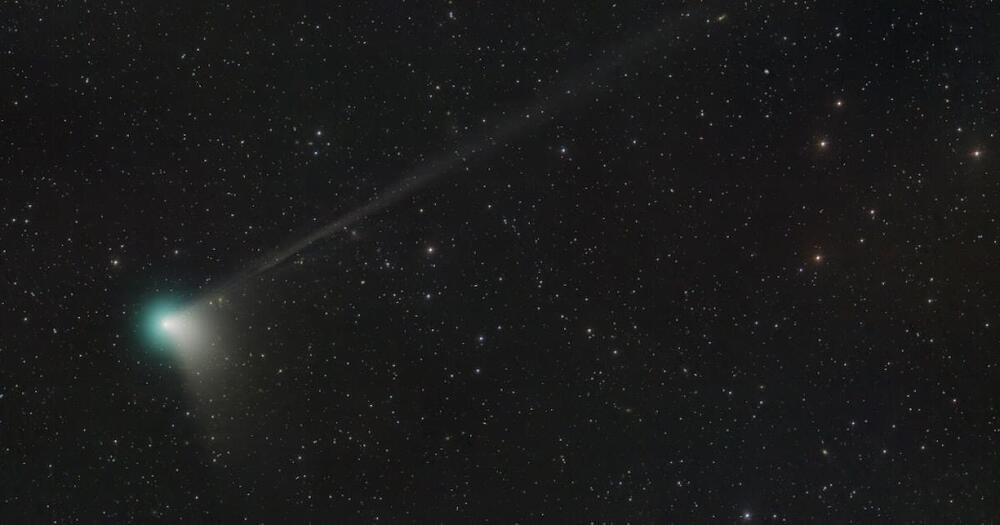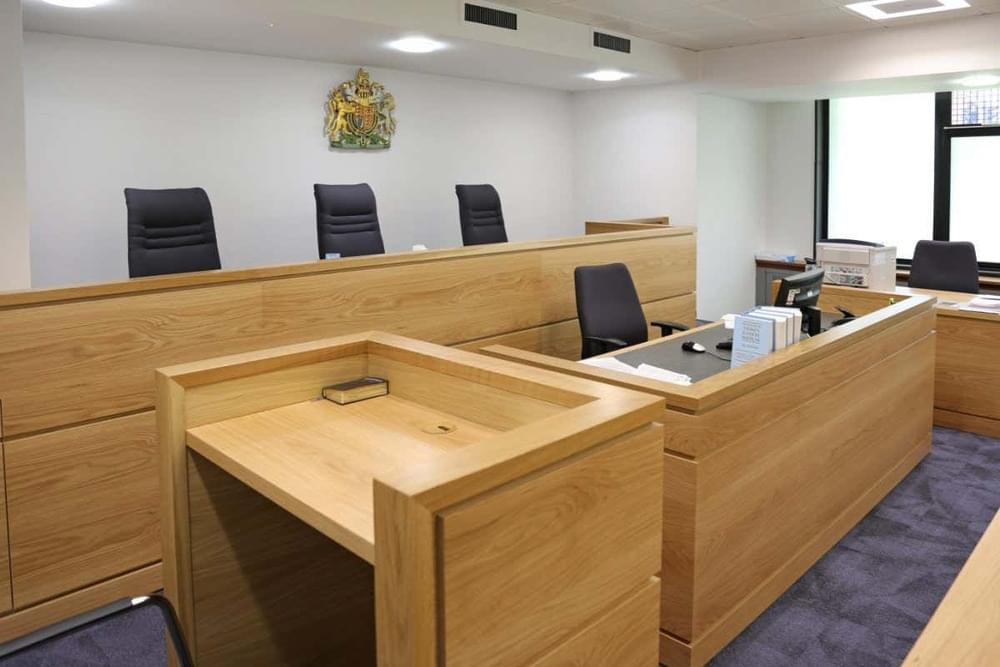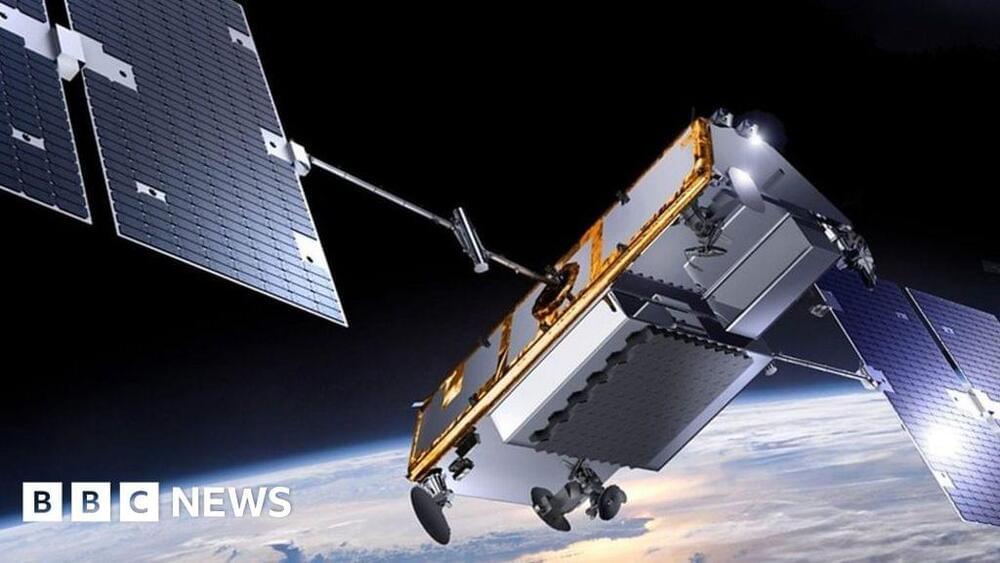In other words, what appears to be emergent to us today, with our present limitations of what its within our power to compute, may someday in the future be describable in purely reductionist terms. Many such systems that were once incapable of being described via reductionism have, with superior models (as far as what we choose to pay attention to) and the advent of improved computing power, now been successfully described in precisely a reductionist fashion. Many seemingly chaotic systems can, in fact, be predicted to whatever accuracy we arbitrarily choose, so long as enough computational resources are available.
Yes, we can’t rule out non-reductionism, but wherever we’ve been able to make robust predictions for what the fundamental laws of nature do imply for large-scale, complex structures, they’ve been in agreement with what we’ve been able to observe and measure. The combination of the known particles that make up the Universe and the four fundamental forces through which they interact has been sufficient to explain, from atomic to stellar scales and beyond, everything we’ve ever encountered in this Universe. The existence of systems that are too complex to predict with current technology is not an argument against reductionism.

